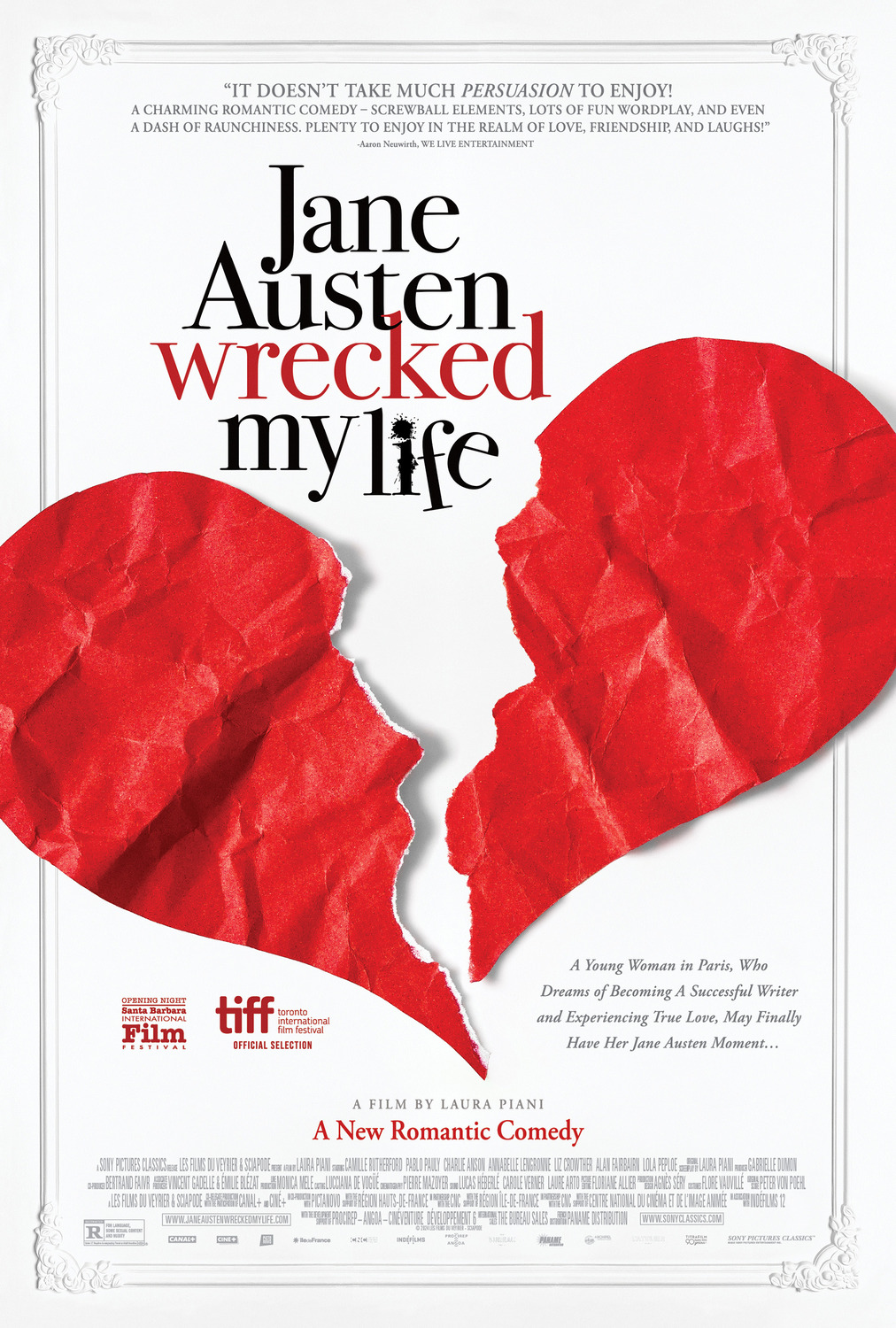I was recommended this film by a friend of mine, and the filmmaker was gracious enough to let me screen it before it hits the festival circuit.
City of Salt

This one is going to be written out for you, though, as my thoughts are pretty scattered and I don’t want to make you listen to me rambling. Instead, I’ll write it down so I can be as exact as I can about my thoughts here, although even then I’m sure I’ll miss something.
That said: Ready?
Synopsis (from IMDB):
A community in Zion Creek, Utah, is turned upside down when a popular high school girl disappears in the midst of her father’s political campaign.
Written by Alicia Eberle Farmer.
Directed by Alicia and John D Farmer.
Starring Stacylyn Bennett, Lauren Catherine, Jake Ulasich, Claressa Swenson, Rocky Anderson, Jim Dabakis…
City of Salt was filmed and is set in Utah, and that influence permeates the entirety of the film. The religious and political underpinnings of the story, and the majority-conservative populace of the state, are front and center in nearly scene and discussion that takes place between the characters.
First (well, not first, but…), a disclaimer by me: films which are written and directed by the same person normally elicit a “red flag” in my head about how the film will develop. You’ve been warned.
Let me say City of Salt attempts to address a lot of really important issues, issues which are relevant not only to Utah, but to our society in general.
But it attempts to address A LOT of issues. A. Lot.
Perhaps too many in one go.
[Author’s note: For simplicity’s sake, I will be using verbiage that will very likely annoy somebody on either or both sides of any specific issue. They’re words. They’re used. They’re recognized. Get used to it.]
City of Salt addresses/makes mention of: conversion therapy, LGBTQ+ social issues (of all kinds), church influence in politics, drug use, alcohol abuse, rape, suicide, illegal immigration, marital discord, family values, et al., and brings in a (figuratively) shadowy “savior” figure near the end of the film.
That is a lot of ground to cover, even with the film’s generous, nearly-two-hour run-time.
With all that ground to cover, the film often feels as though it is rushing through certain segments simply to ensure a particular “buzzword topic” makes an appearance.
Make no mistake, the performances are good, with some standouts, including Lauren Catherine as Theo, the daughter of politician on the rise, William Doran.
Her performance, however, is too-often pushed aside in favor of extended tangential interludes featuring her mother and two fellow “church wives” bonding over complaints about the church they’ve chosen to follow, their husbands, along with open-ended revelations of alcohol and drug use on their parts.
It distracts from what is (or should be), at its core, the story of a girl (Theo), confused about herself and her place in the community she finds herself in (much less the greater world), and sidelines it in favor of often irrelevant characters, whose stories we don’t need.
This is where the Red Flag rears its ugly head. As a writer, I know it’s very hard to cut things you feel are important… that you know are important… and, consequently, you find ways to justify keeping those things around long after the editing process should have either excised them or re-worked them so they better support the central story-line.
As opposed to just saving your favorite bits of writing.
And, as an editor, I would have recommended cuts; not extensive cuts, mind you, but enough cuts to sharpen the focus of the overall narrative back to Theo.
Make no mistake, City of Salt is a solid film, and an important one, but it falls victim to its writer/director’s love of the material in it. Farmer becomes, rather than the master of the story, a slave to the existence of every word, and the film suffers overall because of it.
Perhaps a more strident presence in the editing bay might have helped Farmer streamline the final cut and more fully realize her vision, instead of simply producing her passion.
In the end, then, I’ll have to give City of Salt a C+, not because what’s there isn’t good, but because the truly good stuff is buried–and stifled–behind those layers of “just-okay” stuff.
Look for City of Salt at upcoming independent film festivals, as I’m sure it will show up at more than a few of them.



